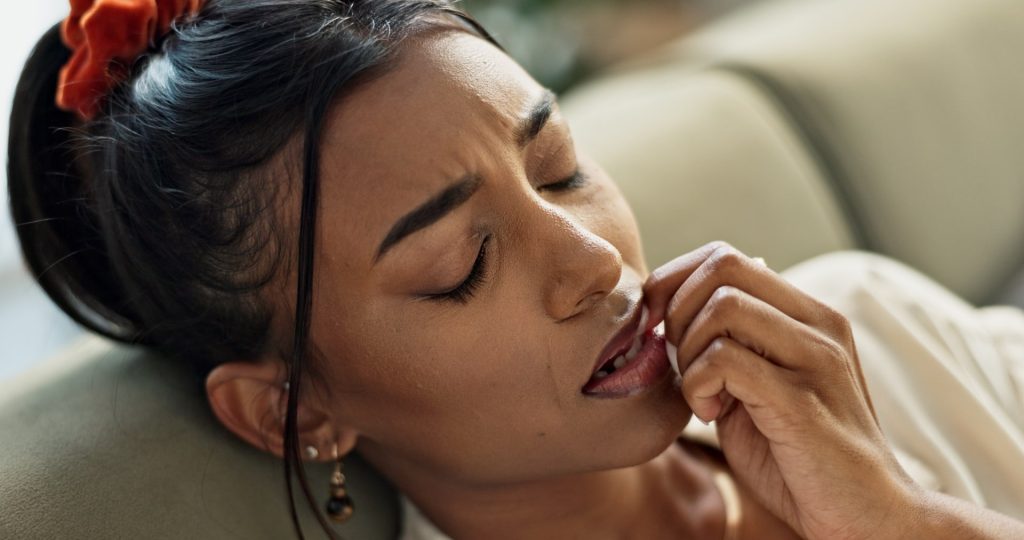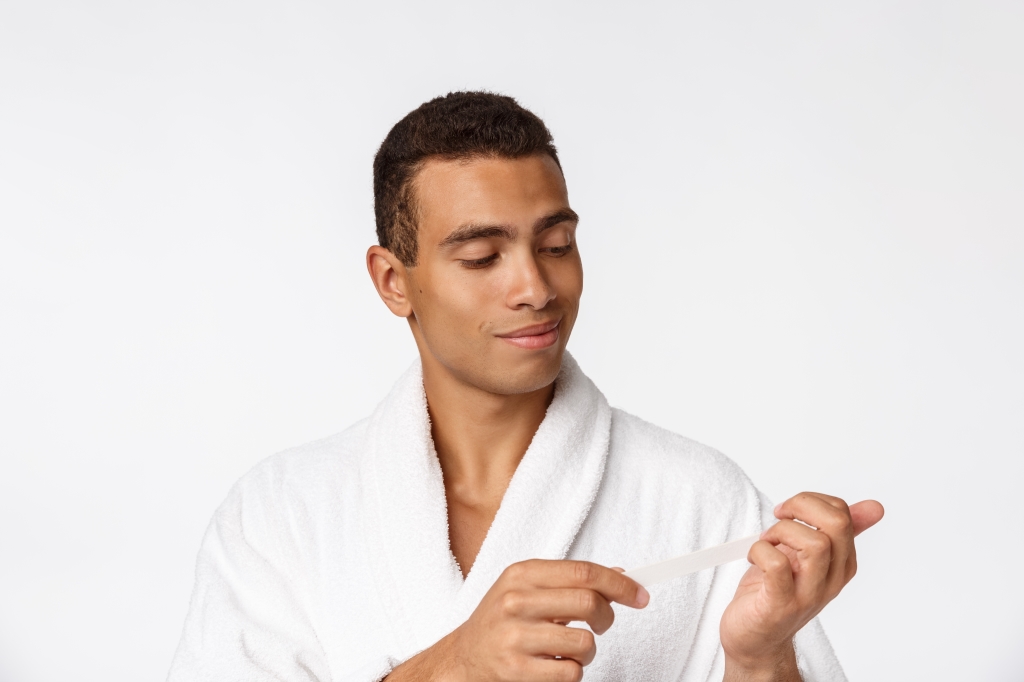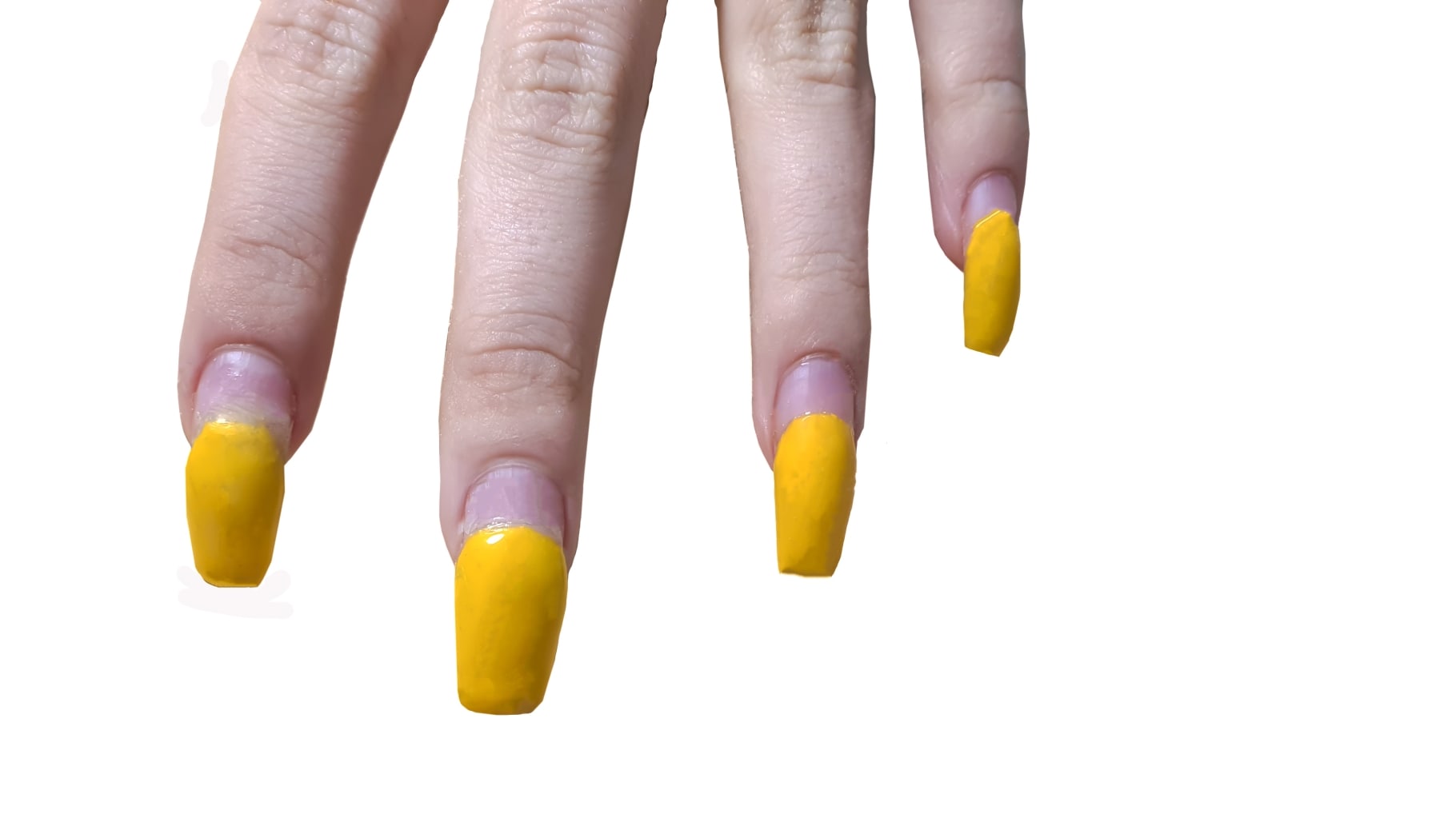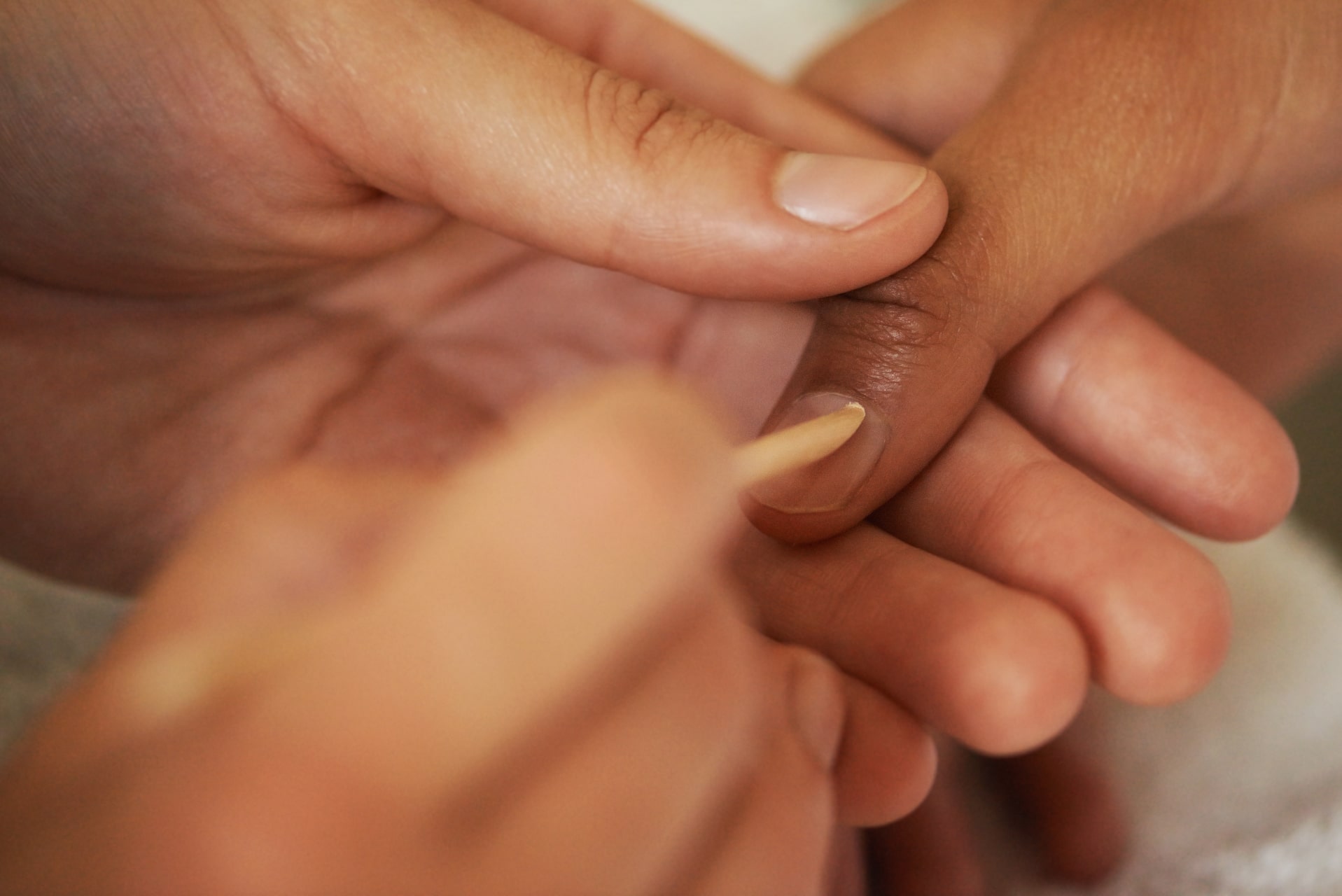Nail biting, also known as onychophagia, is a habit many people struggle to quit. Whether it’s caused by stress, boredom, or routine, nail biting can lead to problems like damaged nails, infections, and even dental issues. Fortunately, with some effort and effective strategies, you can break the habit and enjoy healthier nails. Here’s how to start.
Why Do People Bite Their Nails?
Understanding why you bite your nails can help you address the root cause. Here are some common reasons:
- Stress and Anxiety: Biting nails may temporarily relieve stress or nervousness.
- Boredom: When there’s nothing to do, nail biting can become a mindless activity.
- Habit: Long-standing habits often persist simply because they feel familiar.
- Perfectionism: Some people bite their nails to remove tiny imperfections.

Tips to Stop Nail Biting
1. Identify Your Triggers
Notice when and why you bite your nails. Are you stressed, bored, or focused on something? Once you identify your triggers, you can take steps to avoid or manage them.
2. Keep Nails Short and Tidy
Trim and file your nails regularly to reduce the temptation to bite them. Neatly maintained nails are less appealing to chew on.
3. Apply Bitter-Tasting Nail Polish
Use nail polishes designed to taste unpleasant. This can serve as a reminder to stop biting when the habit kicks in.
4. Use Substitutes

Keep your hands or mouth occupied with healthier alternatives, such as:
- Chewing gum.
- Squeezing a stress ball.
- Fidgeting with a pen or small object.
5. Cover Your Nails
Wearing gloves or bandages can physically block access to your nails, making it harder to bite them.
6. Pamper Your Nails
Invest in manicures to make your nails look attractive. Spending time and money on nail care can motivate you to keep them looking great.

7. Manage Stress
Since stress is a common trigger, focus on ways to reduce it, such as:
- Practicing meditation or yoga.
- Exercising regularly.
- Writing in a journal to process your thoughts.
8. Set Achievable Goals
Start small by aiming for one day without biting your nails. Gradually increase the time and celebrate your progress to stay motivated.
9. Seek Professional Help
If nail biting is severe or linked to anxiety or obsessive-compulsive tendencies, consider consulting a therapist. Cognitive-behavioral therapy (CBT) can be especially effective in breaking habits.
Why Stop Nail Biting?
Breaking the nail-biting habit comes with several benefits:
- Healthier Nails: Your nails will grow stronger and be less prone to infections.
- Better Hygiene: Avoid introducing germs from your nails into your mouth.
- Improved Appearance: Clean, well-maintained nails enhance your overall look.
- Increased Confidence: Overcoming this habit can boost your self-esteem and sense of control.
Stopping nail biting isn’t easy, but with patience and persistence, it’s entirely possible. Identify your triggers, find healthier coping mechanisms, and set realistic goals to achieve success. Remember, small steps lead to big changes. Celebrate your progress along the way, and soon you’ll enjoy the benefits of healthier, stronger nails.




